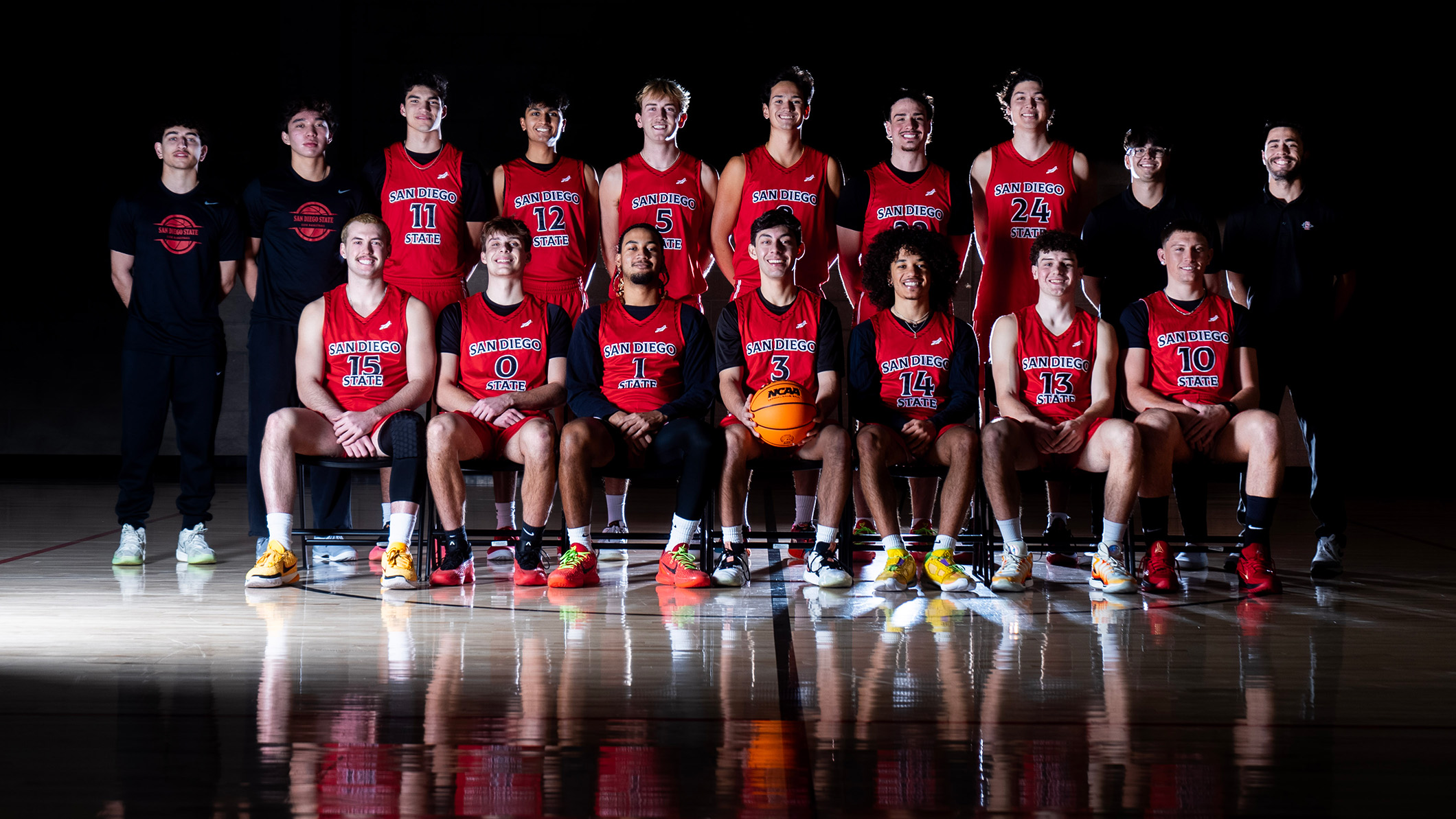How the Pandemic is Impacting the Super Bowl
SDSU Sports MBA Director Scott Minto takes an in-depth look at how the pandemic is impacting this year's Super Bowl.

The COVID-19 pandemic has had a significant impact on the sports and entertainment industry. Professional sports leagues and event organizers have had to pivot to coordinate regular season games and championship competitions to conform with restrictions.
The impact of pandemic will be on display during what is historically the year’s biggest sporting event: the Super Bowl. This year’s game will be played Feb. 7 at Raymond James Stadium in Tampa, Florida.
While the NFL has stated it is “committed to delivering the ultimate fan experience in the safest way possible,” the in-stadium and at-home experience will be different.
Scott Minto, director of the Sports MBA program at San Diego State University, shared his thoughts on the pandemic’s impact on the big game, including reduced capacity, ticket sales, TV ratings and the presence of the home team playing in the Super Bowl.
What impact has COVID-19 had on the NFL this past year and how will Super Bowl LV be different than previous Super Bowls? What are some of the differences fans will see on TV?
COVID-19 significantly affected NFL revenues, with estimates in the hundreds of millions of dollars per team and $3-4 billion for the league as a whole. Despite being impacted by COVID-19-related opt-outs, absences, and pauses in activity, the games continued on schedule.
In Tampa, fans will see 25,000 socially-distanced fans inside Raymond James Stadium along with 30,000 cardboard cutouts. 7,500 of the 25,000 fans will be vaccinated health care workers from around the country who will receive free tickets from the NFL, so viewers can expect a number of on-field salutes and homages to these frontline workers in the pregame shows and during the broadcast.
According to Nielsen, the 2020 NFL regular season ratings saw a 7% decline from previous regular seasons seeing its lowest audience since 2017. With the state-by-state pandemic restrictions resulting in fewer Super Bowl gatherings, what will be the impact on the Super Bowl?
Ratings for all sports have been down this year, even for marquee events. Super Bowl LV ratings likely will be the result of give-and-take between two major factors. First, there’s the idea that ratings could be down due to the general upheaval that the pandemic has imposed on all of our lives. On the other hand, ratings could be up for this year’s Super Bowl LV given the fact that it’s always the biggest television night of the year.
Aside from television ratings, another measurement of the Super Bowl’s popularity is the wagering on the game’s outcome and various prop bets. The American Gaming Association is predicting a decrease in wagers this year due to the lack of access to in-person sportsbooks, even though online sports betting has now been legalized in six states and Washington, D.C..
Several Super Bowl advertising regulars like Anheuser-Busch, Coca-Cola, and PepsiCo have opted out of Super Bowl LV ads. What do you attribute this to and how does it impact the commercial space?
A lot of these perennial advertisers are likely sitting this one out due to uncertainty involved in striking the right tone with this year’s game being played amidst a pandemic that’s taken the lives of close to a half-million Americans. Beyond that, the game is just a month removed from a deadly assault on the U.S. Capitol and the NFL was front and center in the conversation of racial inequality after Colin Kaepernick began peacefully protesting by kneeling for the national anthem in 2016. These realities present a number of ways an ad can be poorly received by viewers, causing immediate social media backlash for the brands involved.
Super Bowls typically bring millions of dollars in economic impact into host cities. In this unprecedented year, what will the economic impact of Super Bowl LV look like in Tampa Bay?
The short answer is that the overall economic impact will be significantly lower than in a typical year. Without a doubt, the pandemic will be the major culprit for the overall decrease in impact. The reduced capacity in the stadium is a factor, but the cancellation of all of the ancillary Super Bowl week parties and hospitality will hurt much more. The typical number of visitors to a city for Super Bowl week far outnumbers the number of ticketed fans, players, and team staff. The impact comes, in large part, from the fans, celebrities, or businesspeople who flock to town for the parties who have no plans to attend the game.
Beyond that, there are thousands of support staff, who often spend weeks in town preparing for events like fan zones, galas, and parties. There’s also an enormous support staff working at brand activations and parties, plus volunteers who all contribute to the overall economic impact. That’s a lot of hotel room nights and restaurant meals that Tampa won’t have.
The presence of the home team playing in the Super Bowl for the first time will further dampen the impact of Super Bowl LV. Economic impact studies measure the amount of money that enters into an economic area and the levels of indirect and induced spending brought to bear by that injection of outside funds. In assessing the impact of Super Bowl LV, money spent by residents of Tampa Bay will typically be excluded, as it’s not new money being introduced into the economic area and is considered a displacement of funds that local residents could have spent.
The SDSU Sports MBA is currently accepting applications through March 1 for an August 2021 on-campus start.



